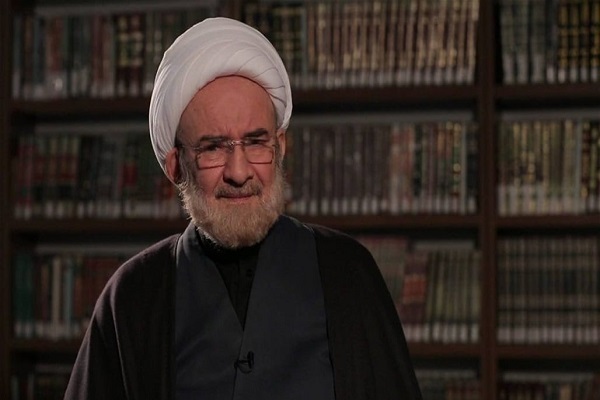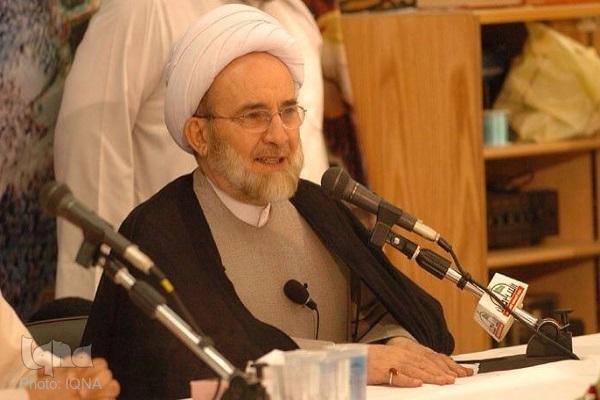Senior Lebanese Shia Scholar Ayatollah Ali Al-Kourani Passes Away

Born on November 22, 1944, in Yatar Nabatieh, Lebanon, Sheikh Ali Mohammad Qasim Kourani Yatari al-Amili breathed his last at the age of 79 due to a heart attack in the holy city of Qom, Iran.
Raised in a farming family, he was inspired by Ayatollah Seyyed Abdul Hossein Sharafuddin to pursue religious studies. Under the guidance of Sheikh Ibrahim Suleiman, he took his initial lessons and at the tender age of fourteen. He moved to the city of Najaf in 1958.
There, he studied introductory and advanced lessons with distinguished scholars such as Muhammad Taqi Faqih, Seyyed Alaa Bahr ul-Uloom, Sheikh Baqir Irwani, and Seyyed Mohammad Baqir Hakim. He also participated in the Kharij lessons of Ayatollah Seyed Abu al-Qasim al-Khoei and Martyr Ayatollah Seyyed Mohammad Baqir al-Sadr.
From the mid-1960s on, Kourani served as a representative of several Shia marjas, including Ayatollah Khoei, in Iraq and Kuwait.
His primary activities were directed against the Baath Party of Iraq and the ideologies of communism. He returned to Lebanon in 1974.
Read More:
Following the Islamic Revolution, Ayatollah Kourani relocated to Iran and dedicated his time to researching Islamic hadiths about Hazrat Mahdi (may God hasten his advent), the history of the compilation of the Quran, the meaning of the words of the Quran, the life of the Prophet (PBUH), the history of Shia imams, and criticism of Wahhabi ideas.
With the backing of Ayatollah Mohammad-Reza Golpaygani, he developed the first comprehensive computer program in the Islamic world, which included 3,000 books and expanded to 4,700 volumes. Later, with the support of Ayatollah Seyed Ali Sistani, he established the “Al-Mustafa Center for Religious Studies” for research in Islamic thought.
He also initiated a database called the Ahl al-Bayt Library, which houses approximately seven thousand books from Shia and Sunni sources.

Starting around 1998, Kourani began participating in online debates and discussions with scholars from various religious backgrounds, particularly those from the Wahhabi tradition. Over time, he started hosting question-and-answer sessions on Arabic-language television, which significantly increased his fame in the Arab world.
Kourani left behind a rich legacy of works in the fields of religion and Mahdism. Among his most notable contributions are the books “Epoch of Appearance” and “The Lexicon Substantive Ahadith of Imam Mahdi”.
Sheikh Ali al-Kourani was a companion of Martyr Seyyed Mohammad Baqir al-Sadr and an active member of the Dawa Party.
Kourani was highly active in both the political and social spheres. He was instrumental in founding mosques, Husayniyyas, and a hospital in Beirut.
Kourani was targeted for assassination by the Baath Party. He was shot in the head at close range, but miraculously, the bullet lodged in his skull, and he survived. The bullet remained in his body, serving as a stark reminder of the crimes committed by the Baathists.
4216640



